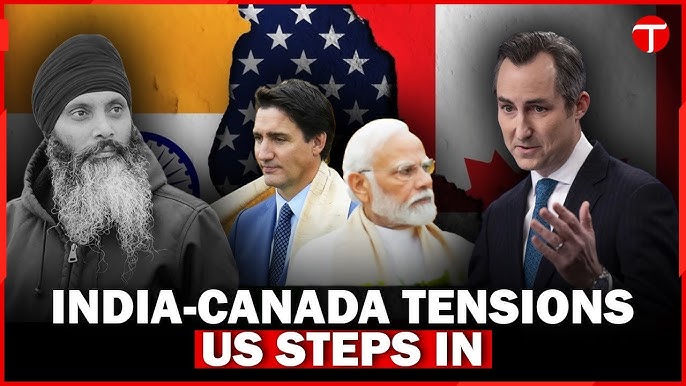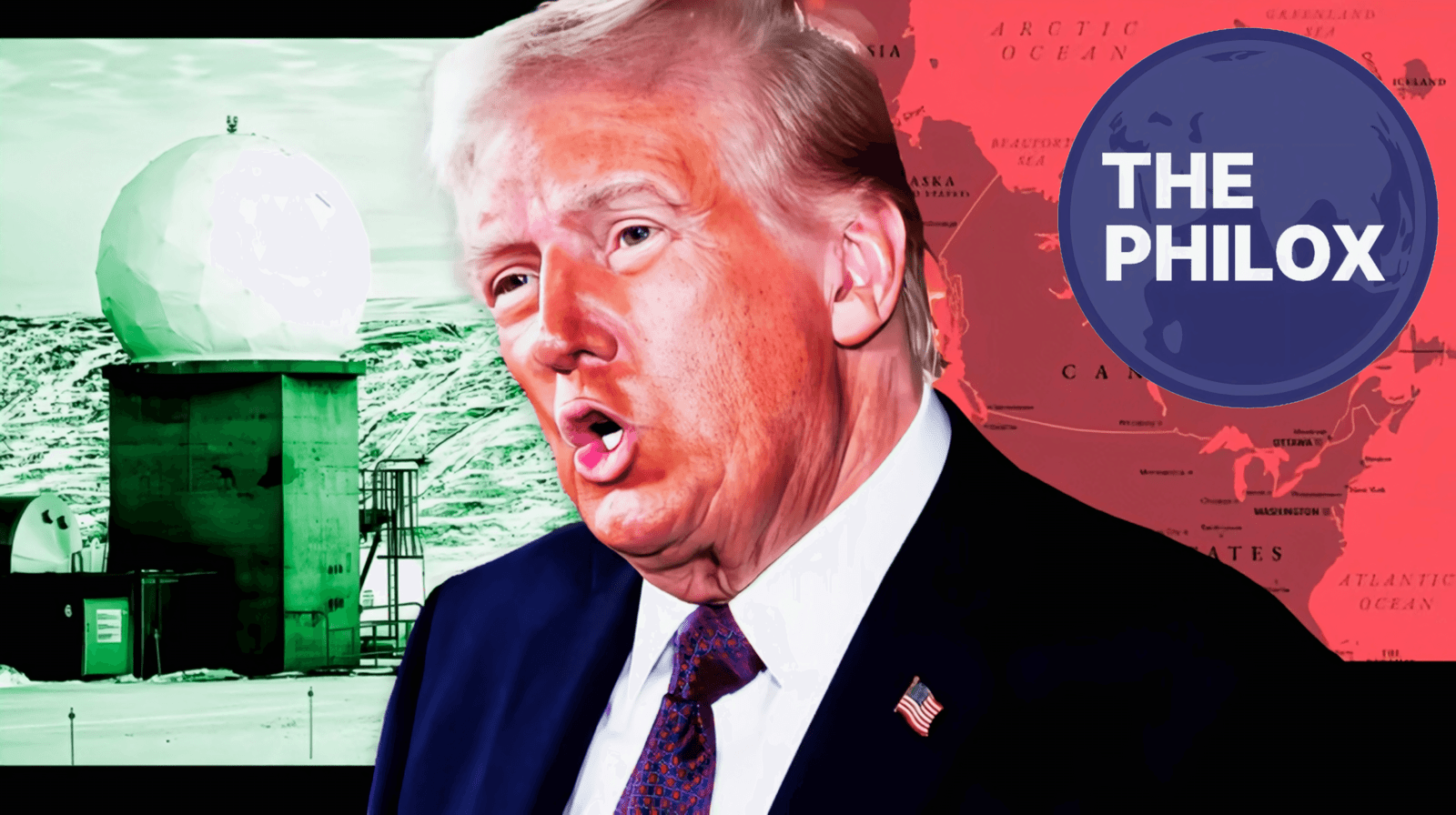Why is the U.S. Supporting Canada in its Dispute with India Over the Nijjar Killing?
The recent diplomatic tensions between India and Canada have captured global attention, especially after Canadian Prime Minister Justin Trudeau alleged in September 2023 that the Indian government was involved in the assassination of Sikh separatist leader Hardeep Singh Nijjar. While India categorically denied these allegations, calling them “absurd” and “politically motivated,” the United States has notably stepped in to show support for its close ally, Canada. The reasons behind the U.S. stance in this contentious issue are complex, involving geopolitical partnerships, shared intelligence, and strategic interests.
Background of the Dispute
Hardeep Singh Nijjar, a Sikh leader advocating for the Khalistan movement (which seeks an independent Sikh state), was killed outside a Sikh temple in Surrey, British Columbia, in June 2023. The Khalistan movement is banned in India, where it is viewed as a serious national security threat, but it has garnered support among Sikh diaspora communities, particularly in Canada. India had previously labeled Nijjar a terrorist and sought his extradition, accusing him of involvement in violent activities.
Canada claims to have “credible evidence” linking Indian agents to Nijjar’s assassination, which has led to a diplomatic row between the two countries. In response to these allegations, both India and Canada expelled several diplomats from their respective countries, deepening the standoff. Canada’s appeal for international support—especially from its allies in the intelligence-sharing alliance known as the Five Eyes—has drawn significant attention, particularly from the United States.
The Five Eyes Alliance and U.S. Involvement
The U.S. support for Canada can be better understood through their shared participation in the Five Eyes intelligence alliance. This powerful coalition, which also includes the UK, Australia, and New Zealand, enables the member countries to share crucial intelligence and maintain a united front on global security issues. Canada reportedly shared its intelligence on the Nijjar case with its Five Eyes partners, which helped bolster Trudeau’s public accusations against India. The U.S. was quick to respond, urging India to cooperate in the investigation and take Canada’s allegations seriously.
U.S. State Department spokesperson Matthew Miller reiterated that the allegations against India were “extremely serious” and highlighted the need for India’s cooperation in the matter. This message, coming from such a significant global player, underscores how seriously the U.S. views the situation, despite India’s denials and counter-claims that Canada has provided no concrete evidence
Geopolitical and Strategic Considerations
The U.S. support for Canada in this scenario is not solely about intelligence sharing. The two countries have deep diplomatic, economic, and military ties, and maintaining these alliances is crucial for both their national interests. Canada is one of the U.S.’s closest neighbors and a major trading partner, with shared security concerns across North America.
Additionally, the U.S. is keen on upholding the principles of international rule of law. By standing with Canada, the U.S. signals its commitment to investigating potential violations of human rights and extrajudicial actions, which are core tenets of its foreign policy. This stance is especially important given the Biden administration’s emphasis on defending democratic values and international justice.
The tensions between India and Canada also have implications for broader Indo-Pacific relations. The U.S. sees India as a critical partner in its efforts to counterbalance China’s growing influence in the region. However, this partnership doesn’t mean the U.S. is willing to overlook serious allegations of misconduct. By encouraging India to cooperate, the U.S. seeks to maintain a balance between supporting democratic allies and ensuring accountability, without jeopardizing its broader strategic interests with India.
Impact on U.S.-India Relations
Despite its backing of Canada, the U.S. is carefully navigating this diplomatic tightrope to avoid straining its relations with India, a key partner in the Quad, an alliance aimed at countering China’s influence. India and the U.S. have strengthened their defense and economic ties in recent years, and the U.S. has positioned India as a pivotal player in its Indo-Pacific strategy. Thus, the U.S. support for Canada is unlikely to escalate into a full-blown confrontation with India.
In fact, Washington has avoided taking drastic steps like imposing sanctions on India or withdrawing its diplomats. Instead, it has focused on facilitating dialogue between the two countries while maintaining its call for cooperation. The measured U.S. approach reflects its intention to avoid alienating India, which plays an indispensable role in balancing power dynamics in Asia.
Domestic Pressures and Political Calculations
Domestic factors also play a role in the U.S. support for Canada. The Sikh community in North America, particularly in the U.S., wields significant political influence, especially in states like California. Any perceived indifference to the concerns of this community could have political consequences for American leaders. Additionally, the U.S. has faced its own concerns regarding alleged extraterritorial operations by Indian agents, such as an attempted assassination of another Khalistani figure in New York
India Today. This incident likely bolstered Washington’s decision to back Canada’s claims and demands for transparency.
Conclusion
The U.S. support for Canada in the ongoing dispute with India over the Nijjar killing is rooted in a complex web of intelligence sharing, strategic alliances, and domestic political considerations. As a member of the Five Eyes alliance, the U.S. has a responsibility to stand by its partners, particularly when serious allegations of extrajudicial killings are involved. At the same time, the U.S. is wary of jeopardizing its strategic relationship with India, a critical ally in its Indo-Pacific strategy. The challenge for Washington is to balance these competing interests while continuing to uphold its values of justice and accountability on the global stage.





One thought on “Why is the U.S. Supporting Canada in its Dispute with India Over the Nijjar Killing?”